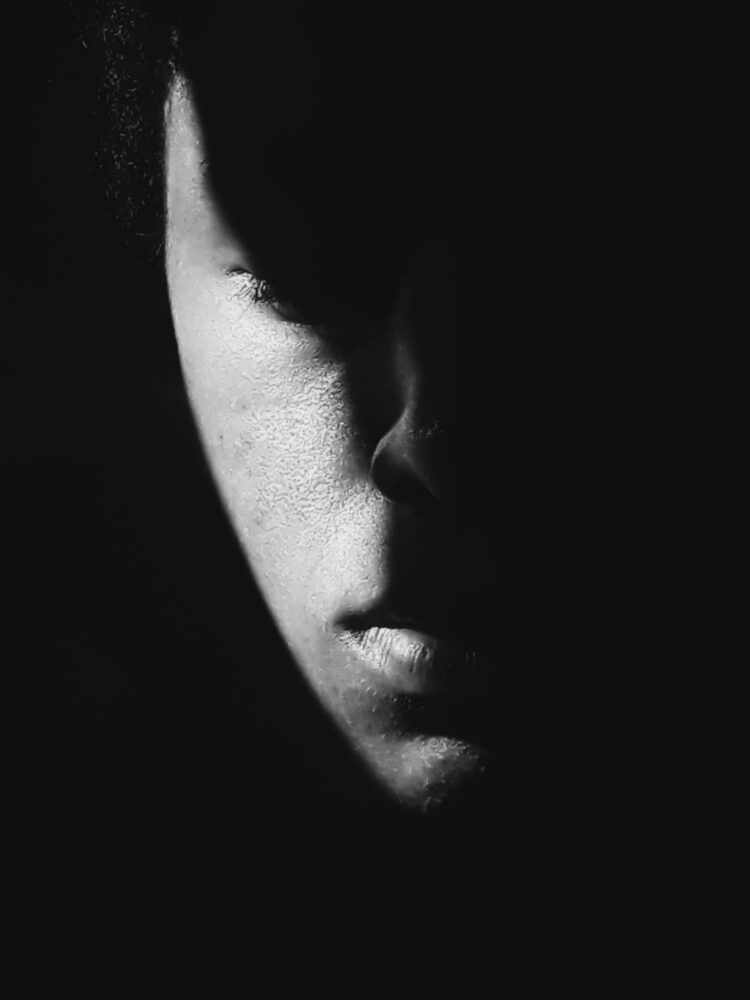Black Opinions
Mental Health: Learning Effective Grief Strategies
Grieving can be a challenging process, particularly for those in the Black community facing disproportionately high mortality rates. This article explores strategies for coping with grief, including avoiding collective grief, questioning research, staying busy, and seeking support. Learn how to navigate the journey towards recovery and healing.
#MentalHealth #Grief #BlackCommunity #Recovery #CopingStrategies

By Rosaland Tyler
Associate Editor
New Journal and Guide
Chances are you know someone who is grieving a loved one since several reports show Blacks have the highest mortality rates in the USA
Blacks are twice as likely to die from heart disease; 50 percent more likely to suffer from hypertension or cancer; and more likely to die at earlier ages from all causes of death, according to a 2022 University of Arizona report on Black loss, grief and bereavement. This suggests someone you know may be struggling to cope with grief, bereavement and loss, due to disproportionately high Black mortality rates in the USA.
The worst strategy is to think “life is unfair” and “I’ll never get over this.” While these thoughts are part of the normal grieving process, it is important to manage such thoughts, experts say. Instead, a grieving person should decide full recovery is possible. Similar to how a faint scar forms naturally over a wound after an injury, grief recovery occurs slowly but naturally.
Bereaved individuals can expect to fully recover by avoiding several traps.
First, avoid collective grief. This term means you should avoid fictionalizing (or inventing) family ties or carelessly transforming random people into relatives and loved ones, due to the fact that they are of the same race. George Floyd’s brutal 2020 death in Minneapolis, is an example. Blacks suddenly perceived other Blacks as brothers and sisters, and aunts and uncles, in an effort to manage and control what is called “collective grief,” researchers Da’Mere Wilson and Mary-Frances O’Connor noted in the 2022 University of Arizona study.
“Black American community-family ties are much looser, in the sense that we’re more apt to call Black strangers ‘sister’ or ‘brother’ or ‘auntie,’ and this stems from times during enslavement where people were removed from their family of origin, so they might have been ‘adopted’ by the people where they ended up,” Wilson said.
“This aptness to look at each other as kin is part of why collective loss is a particular thing in the Black community,” O’Connor said.
This coping strategy dates back to disproportionately high death rates in colonial times, during slavery, and the Jim Crow era. Blacks were violently separated from their spouses, children and families, or hanged publicly. So after the 2020 Floyd murder occurred, some Blacks managed their sense of grief and loss by recruiting ready-made family members, in an effort to recover from their sense of loss.
Here is the second strategy. Don’t expect to find a lot of scholarly research on Black grief. Strenuously question the handful of reports you run across since some researchers sidestep crucial questions or avoid asking relevant questions including, How many people have you lost in the past two to five years? How do you plan to fully recover from the loss of a loved one? How long do you think it will take? Which strategies are working and not working for you? How close are you to regaining enjoyment in your life?
“We have such low representation of Black people in grief research, and because of the kinds of questions we’re asking, we haven’t really captured what the experience is like for this community,” said Wilson, the co-author of the 2022 University of Arizona study on Black grief. “That could also have far-reaching effects to other communities that have been marginalized and may have experienced grief on a similar level, such as Indigenous populations.”
The third strategy is to stay busy. Avoid isolation.
Some Blacks are coping (and recovering) by sprucing up Black cemeteries or forming cemetery alliance groups. Many Black cemeteries are sometimes overgrown, unkempt or buried underneath busy interstate systems. So, some bereaved individuals travel to the cemetery with rakes, flowers and trash bags, aiming to restore it and their own psyches.
However, three historic Black cemeteries in Richmond that were long-neglected are now under city ownership. One of them is Shockoe Hill African Burial Grounds, established in 1816. It contains 22,000 free and enslaved burials over 30 acres. It is one of, if not the, largest burial ground for the enslaved in the nation
This means 76 acres of land that make up Black cemeteries in East End, Evergreen and Forest View cemeteries are now controlled and managed by the City of Richmond.
In Florida, the Black Cemetery Network grew out of a 2020 University of South Florida initiative called the African-American Burial Grounds and Remembering Project.
It brought together historians, genealogists and community members who advocate for erased cemeteries in Florida. Today, there are 34 Black cemeteries registered in this network’s Black burial ground archive.
Finally, seek professional help or join a bereavement support group. Some groups meet each week online.














